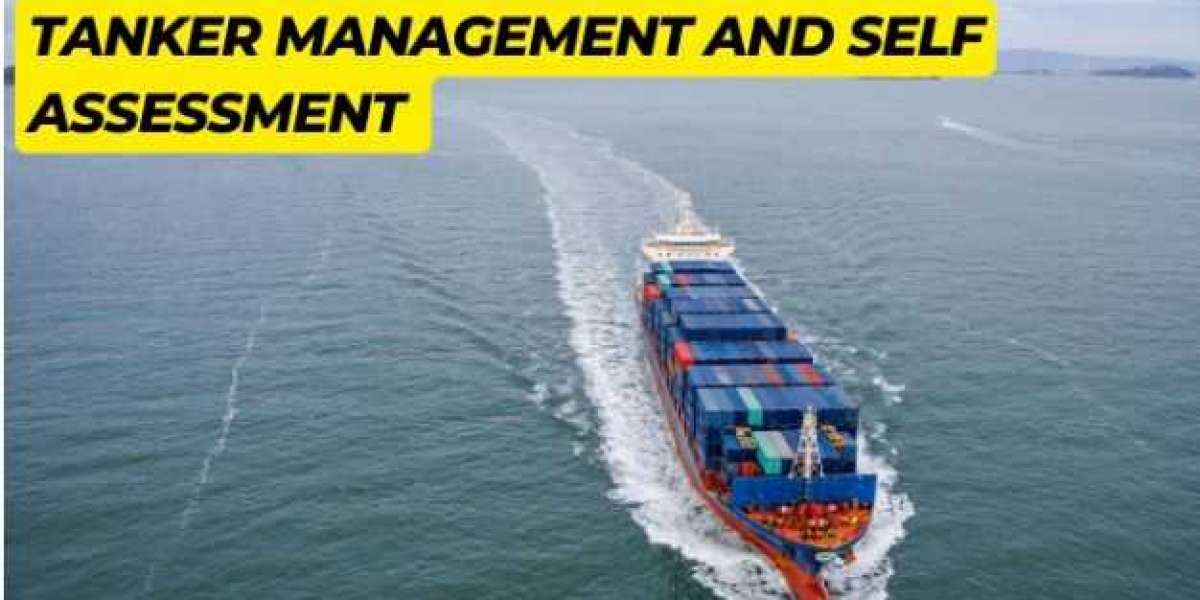Tanker Management and Self Assessment (TMSA) is a comprehensive framework developed by the Oil Companies International Marine Forum (OCIMF) to enhance safety and environmental performance in the tanker industry. It provides tanker operators with a structured approach to assess and improve their management systems, operational procedures, and overall safety culture. TMSA represents a proactive and collaborative effort by industry stakeholders to raise standards and mitigate risks associated with the transportation of oil and gas by sea.
Key Components of TMSA Management System:
TMSA emphasizes the importance of having robust management systems in place to ensure that all aspects of tanker operations are conducted safely and efficiently. This includes clear policies, procedures, and processes for managing risks, complying with regulations, and achieving operational excellence.
Operational Practices:
TMSA provides guidelines for best practices in various operational areas, including navigation, cargo handling, maintenance, and emergency response. These practices are designed to minimize the likelihood of incidents and mitigate their potential consequences.
Personnel Competence:
Tanker Management and Self Assessment recognizes the critical role that well-trained and competent personnel play in ensuring safe tanker operations. It encourages companies to invest in training and development programs to enhance the skills and knowledge of their workforce.
Environmental Protection:
TMSA places a strong emphasis on environmental protection and sustainability. It encourages companies to implement measures to minimize pollution, conserve resources, and comply with environmental regulations.
Continuous Improvement:
Perhaps the most important aspect of Tanker Management and Self Assessment is its focus on continuous improvement. It encourages tanker operators to regularly assess their performance, identify areas for enhancement, and implement corrective actions to address any deficiencies.
Implementation of TMSA
Implementing Tanker Management and Self Assessment involves a structured process that typically includes the following steps:
Self-Assessment:
Tanker operators conduct a thorough self-assessment of their management systems, operational practices, and performance against the TMSA guidelines. This involves reviewing existing procedures, conducting audits and inspections, and gathering feedback from stakeholders.
Gap Analysis:
Based on the self-assessment, companies identify any gaps or areas for improvement in their operations compared to the TMSA guidelines. This may involve deficiencies in policies, procedures, equipment, training, or organizational culture.
Action Plan:
Companies develop a comprehensive action plan to address the identified gaps and improve their performance in line with TMSA requirements. This may include implementing new procedures, investing in training and equipment, or making organizational changes.
Monitoring and Review:
Once the action plan is implemented, companies continuously monitor their performance and progress towards achieving their goals. Regular reviews and audits are conducted to ensure compliance with Tanker Management and Self Assessment and identify any emerging issues that need to be addressed.
Continuous Improvement:
TMSA is not a one-time exercise but rather an ongoing process of continuous improvement. Companies are encouraged to regularly reassess their performance, update their action plans, and strive for excellence in safety, environmental protection, and operational efficiency.
Benefits of TMSA
The adoption of TMSA offers numerous benefits to tanker operators, oil companies, and the wider maritime industry.
Environmental Protection:
TMSA encourages companies to adopt environmentally friendly practices and technologies, leading to reduced pollution, conservation of resources, and compliance with regulatory requirements.
Operational Efficiency:
By streamlining procedures and enhancing personnel competence, TMSA helps to improve operational efficiency, reduce downtime, and optimize resource utilization.
Regulatory Compliance:
TMSA provides a framework for ensuring compliance with national and international regulations governing tanker operations, reducing the risk of fines, penalties, and reputational damage.
Industry Collaboration:
TMSA fosters collaboration and knowledge sharing among industry stakeholders, leading to a more cohesive and responsible approach to tanker operations.
In Summary,
Tanker Management and Self Assessment (TMSA) represents a proactive and collaborative effort by the tanker industry to enhance safety, environmental protection, and operational efficiency. By providing a structured framework for self-assessment and continuous improvement, TMSA helps to raise standards, mitigate risks, and promote responsible tanker operations worldwide.








